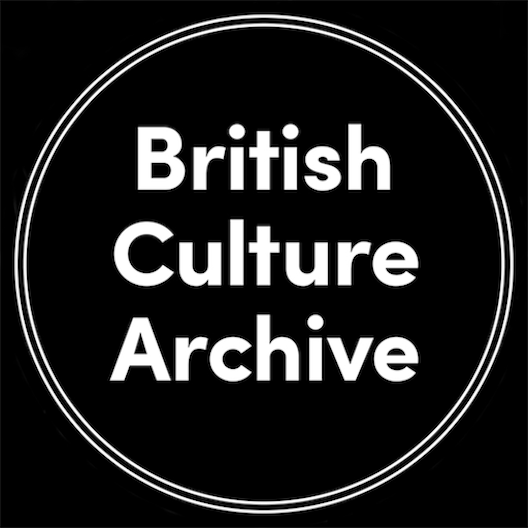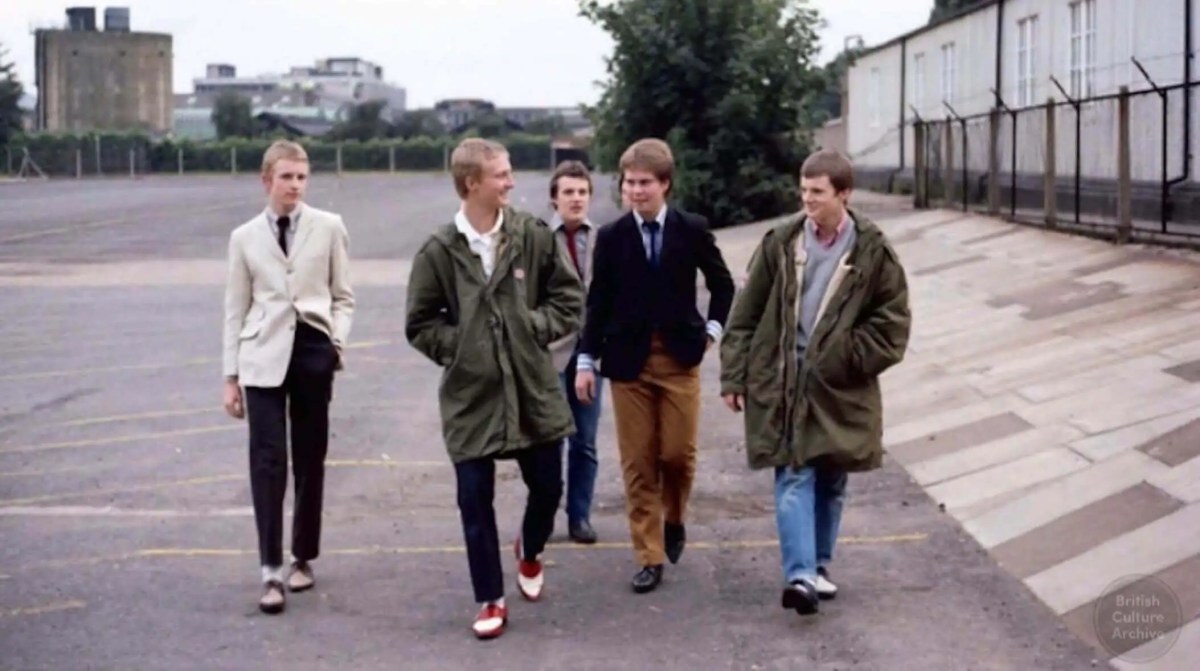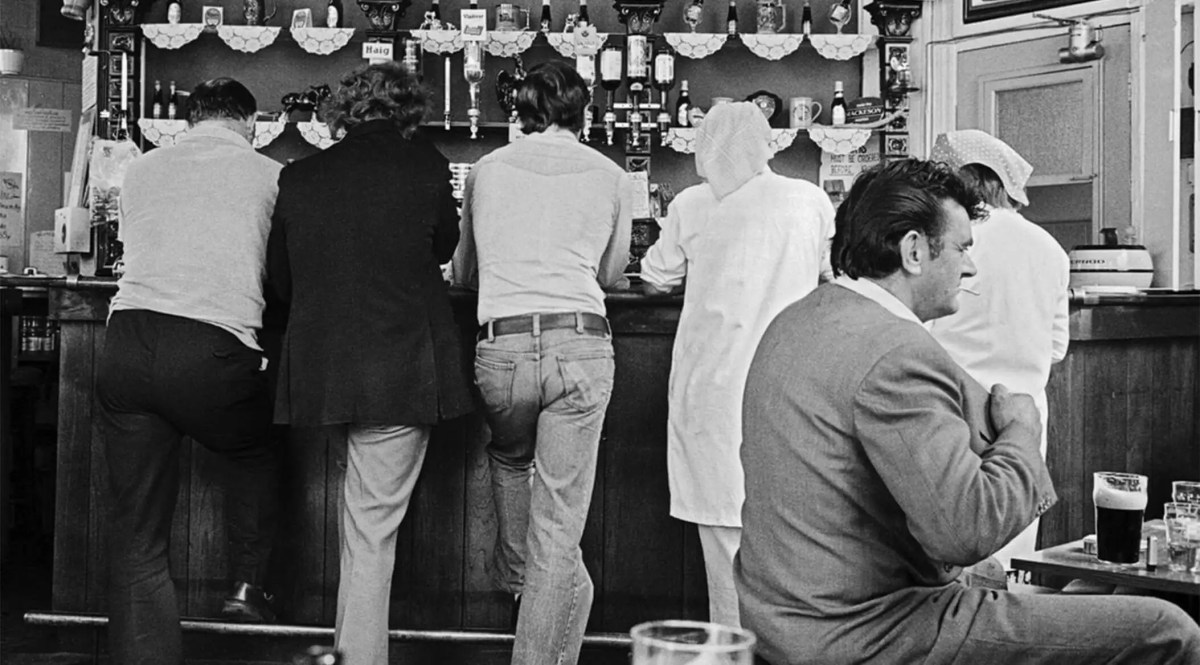

Peter Degan is a self-taught photographer living in Derby, England. He is originally a native of Glasgow, where he lived and worked most of his life. After being made aware of his work and fanzine ‘Mother Glasgow’, which documents his photography of Glasgow in the 1970s and 80s, we caught up with him to learn more about his background and journey into photography.
First Camera
Peter: “My earliest recollection of photography is helping my dad develop films when I was a boy, which led me to become interested in the whole process of photography. I started creating and processing my own work from around the age of 15. The first camera I used was a Zenit E. It was an SLR, and using it, I learned a lot about the basics of the craft.”
Photo © Peter Degnan.
Documentary Photography
“I always had a darkroom at home and spent many hours developing and printing my work. I shot in black and white, which has always been my preferred medium. In later years, I used many different SLRs. Although my tastes in photography were wide and varied, at that time, my documentary and street images always drew attention. It is a photographic genre I love and still practice today.”
Photo © Peter Degnan.
Digital Age
“As the digital age dawned, I must admit that I was not an early adopter. I still preferred film, and working in the darkroom was a way to satisfy my creative urges. I also suspected that digital would develop rapidly and wanted to hold back until I was satisfied that the transition was justified. My first digital SLR was the Nikon D80, which I loved. I then upgraded to the D750, which was even better. I was completely hooked on digital now, and with Lightroom and Silver Efex Pro, I had found my preferred setup.”
Archive
“In 2019, I decided it was time to open up my large archive of black and white negatives I have been sitting on for over 40 years and start sharing my images with a wider audience. It has been an incredible experience scanning and creating digital files of my work; surprisingly, I can remember taking every one of the shots! I first decided to create a hardback coffee table book using the Lightroom Book module, which I had published by Blurb.”
Photo © Peter Degnan.
Mother Glasgow
The publication is called “Mother Glasgow” (the name comes from the song of the same title by Glasgow band Hue and Cry), and it contains some of my favourite images taken from the mid-70s through to the late 80s in Glasgow. I created a zine version to reach a wider audience, which has been very popular. The first print run of these has almost sold out. The images in Mother Glasgow document the city during a time of significant change, and many of the featured locations no longer exist.
Oscar Marzaroli
“I was walking the streets, recording the city as I saw it, and what was mundane then is priceless now. I had the great fortune to have a discussion with the great Oscar Marzaroli at one of his exhibitions in Glasgow in the 1980s. He said, ‘The best advice I can give you is just to keep taking photographs.’ This was great advice and something I still practice.”
Photo © Peter Degnan.
“Another way of getting my work out there was by setting up a photography website. It is still under construction, and I have many more galleries to add. However, the response so far has been great. Eventually, it will contain work from my back catalogue and current contemporary projects.”
Photo © Peter Degnan.
Street Photography
“Today, I mainly concentrate on what is commonly known as street photography, although my style has stayed the same. Sitting at a Mac isn’t as much fun as working in a darkroom, but the productivity is greater and more eco-friendly. Last year, I traded in all of my Nikon DSLR equipment and changed over to the Fujifilm mirrorless system, which is great for photography on the streets. My camera of choice is the Fuji X-T3 with a 23mm f2 lens. This has proved to be a great move for me, and I find the smaller and more versatile equipment great for street photography.”
Photo © Peter Degnan.
“I am still enjoying my photography every day, whether it’s taking photos, post-processing, publishing them on the website, or creating zines. Sharing my work now gives me great satisfaction, knowing that the images bring pleasure to many people. Recording today’s world is key in letting future generations see what we can see.”
Gallery
Photo © Peter Degnan.
Photo © Peter Degnan.
Photo © Peter Degnan.
Photo © Peter Degnan.
The Barras was always buzzing with life – enticements would include throwing free towels to the crowd and the patter was first class with exclamations such as: “Come in a bit closer to the stall missus, I don’t dae mail order!.”
Photo © Peter Degnan.
Photo © Peter Degnan.
All images © Peter Degan, all rights reserved.
Related Content
- Article first published
READ NEXT
SUPPORT BCA
British Culture Archive is an independent archive and cultural resource set up through a genuine passion for photography. Since 2017, we have supported British photography by publishing and exhibiting works from photographers and by unearthing and giving a global platform to previously unseen photography.
Our online galleries and exhibitions will always be free for everyone. Public support and funding are vital for us to continue documenting and preserving important photography. If you appreciate our work, please consider donating through the link below.















